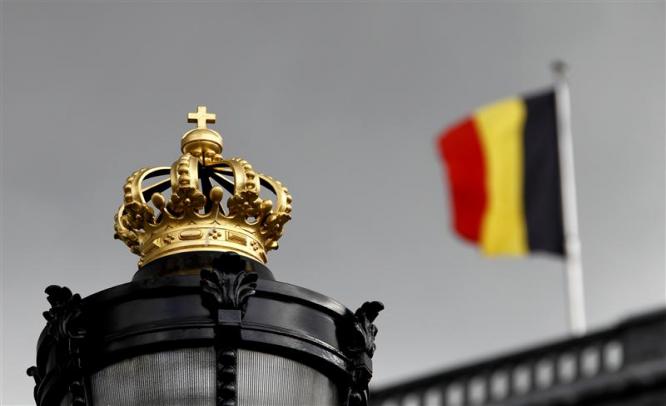But this is nothing compared to 2010 when it took 18 months to form a government
July 24, 2014: Nearly two months after the regional and federal elections in Belgium, it seems that the political process to form new governing coalitions is nearing an end. The elections took place on May 25.
At the regional level, in Wallonia and Brussels, center-left coalitions will be in place. Both include the PS (French speaking socialists) and CDh (French speaking center), plus the FDF (French speaking federalists) in Brussels. The official launch of the new governments took place last weekend.
In Flanders, it was announced on Tuesday that a center-right coalition will be put in place. The first round of negotiations included the CD&V (Christian-Democrats) and N-VA (Flemish nationalists).
Surprisingly, the OpenVLD (Flemish Liberals) entered the coalition at the very last moment. Even if this party was not essential to build a majority, there is a natural convergence between its political program and the one of the two other parties. More importantly, integrating the OpenVLD in the Flemish government opened the door to reach an agreement at the federal level.
Indeed, as it seemed impossible to reach an agreement between the N-VA (dominating party in Flanders) and the PS (dominating party in Brussels and Wallonia), replicating the regional majorities at the federal level in order to maintain some symmetry between the different levels of power wasn’t an option.
As a consequence, the N-VA first tried to form a center-right coalition (N-VA, CD&V, MR, CDh) at the federal level. The N-VA is the big winner of the elections.
The CD&V and the MR agreed on the preliminary note written by N-VA leader Bart De Wever, but the CDh refused to enter such a government (knowing that it is part of a center left government in Wallonia and Brussels).
The only remaining option was then to replace the French speaking CDh by the Flemish OpenVLD. As the OpenVLD insisted on being in both Flemish and federal coalitions, accepting it in the Flemish government removed the last obstacle to this coalition at the federal level.
Kris Peeters, a leader of the CD&V, and Charles Michel, president of the MR, have been officially charged by King Philippe to form the new federal government.
Source: Philippe Ledent, ING

